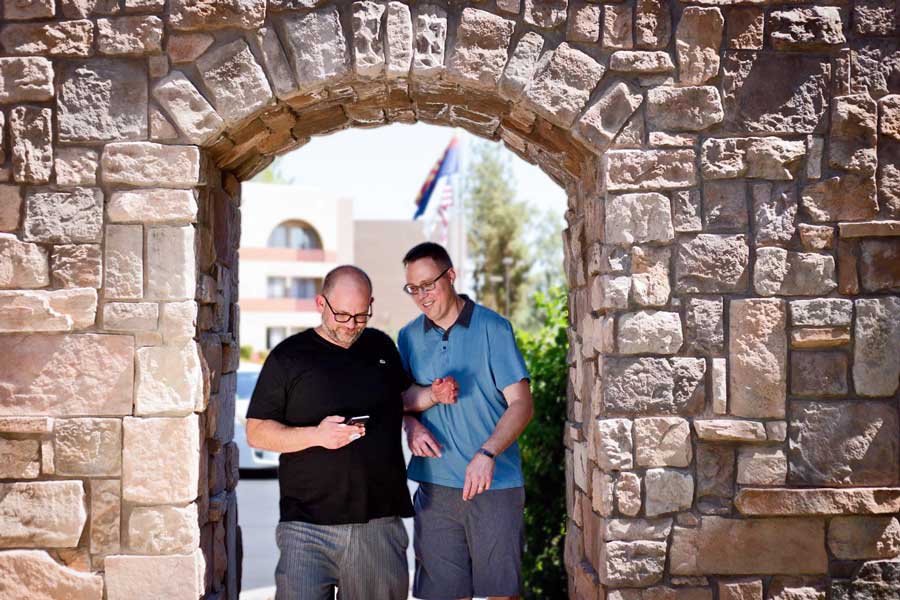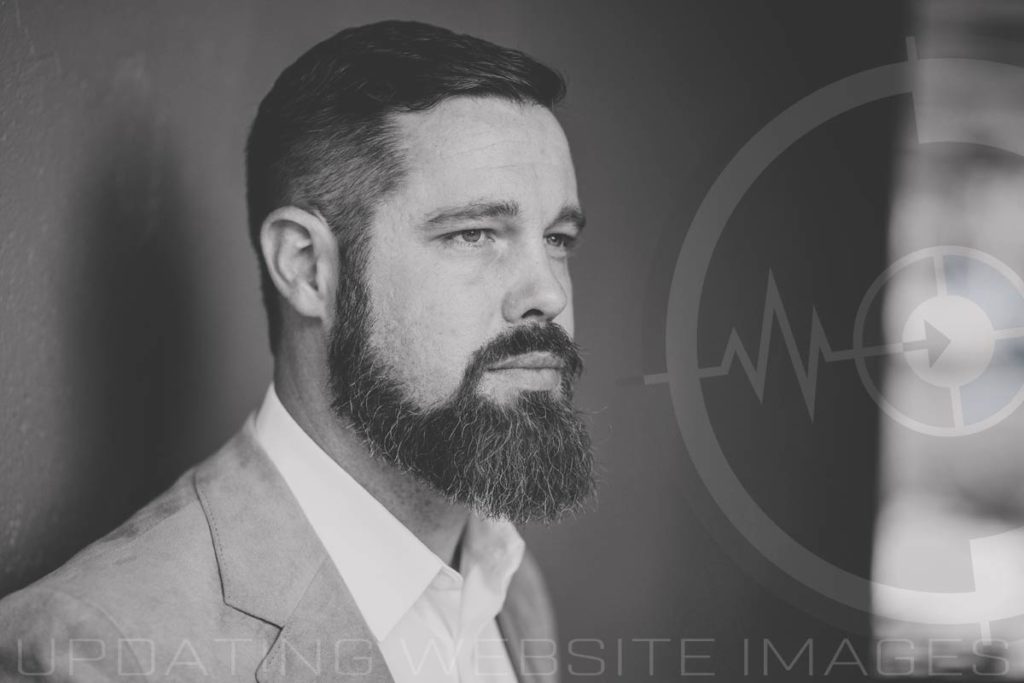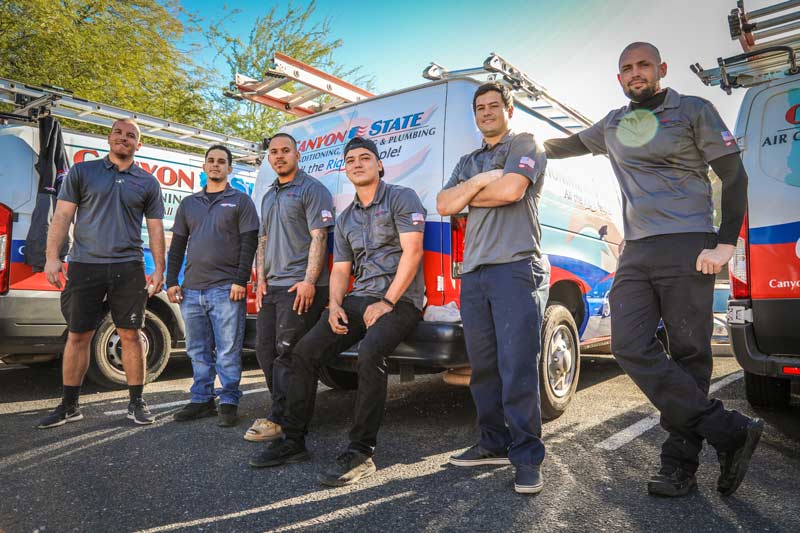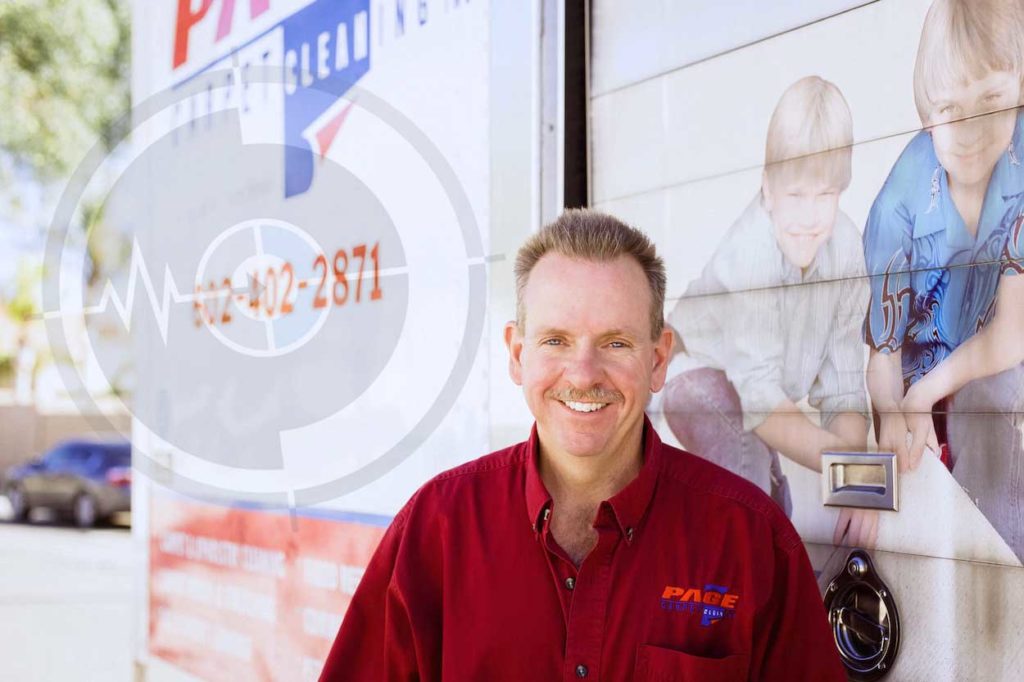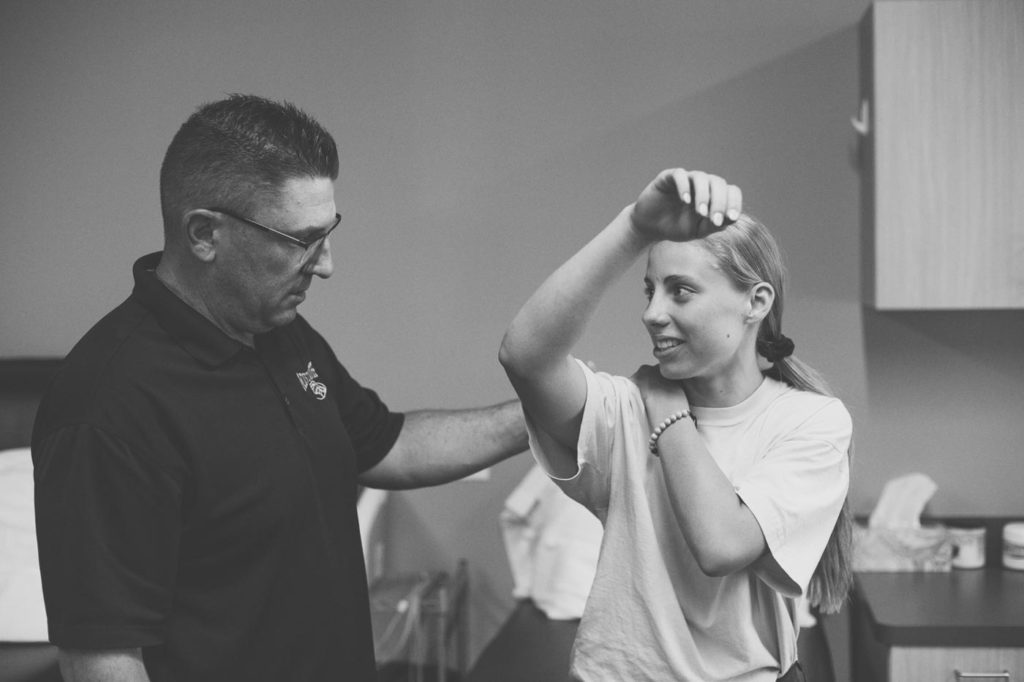How SEO Understanding Improves Client Campaigns

How SEO Understanding Improves Client Campaigns
Many people believe search engine optimization is simple keyword choreography. In reality, it's much more than that. Learning how to understand the search itself - customers behaviors, emotions, values and intentions - allows you to execute organic strategies that work. But most importantly, methods that are purposeful and make sense. Let me tell you a little bit about my story..In college, I was always fascinated with misleading advertisements. Not because I was impressed, but because I was frustrated with the intent behind them. So many consumers were shafted during the early “dial up” internet days. It bothered me that the integrity and ethics of a new dimension were being taken advantage of. In 2000, the FTC even published an article titled “The Rules of the Road” that addressed most of this.
Now, I know advertising has always been full of heavy words that lack real meaning – but preying on people rubbed me the wrong way.. I knew this wasn’t what the internet was made to be. I knew that telling people where to click and why they should would eventually expire. But, it’s taken a long time.
What Does Advertising Have to Do With SEO?
After my brother had entered my parent’s credit card 6 times for that “free” Playstation, I knew I was destined to make an impact in the online spectrum. Not to expose these types of advertisers, but to be a part of the user experience revolution we’re now closing in on.
Aside from my eventual goal of creating a top Super Bowl Commercial of all time, I’m motivated to become a thought leader in content strategy. Not just creatively, but purposefully. This doesn’t mean writing blogs to capture searches. It means curating content that informs or educates visitors on a certain voice that means something to them. It’s about using that voice to encourage them to buy into the identity and value of the brand. You can mislead them into clicking, but when you possess their trust they come back. They share your content. They’re aware of you.
When people click on the Google search bar today, they want to find what they’re looking for. They don’t want to view the company that spent the most money or hoarded the most keywords! They want a memorable experience that answers the actual question they’re seeking. SEO is changing and I’m glad I’ve positioned myself to be a part of the transformation. Let’s take a look at my PreFocus..
So, Where Did My SEO Understanding Begin?
Most everything I’ve done over the last 7 years has been geared towards search engine optimization. What’s more fulfilling than giving consumers what they want, right?
Kicking the Tires in My Spare Time.
My SEO Experience started in 2011 when I began researching online user behavior and marketing relevancy. I’ve always been intrigued by informative search and the sales cycle – beginning in the customer awareness phase. In other words, I have a thorough understanding of informative vs needs recognition search phrases. Either consumers are seeking knowledge or they’re looking to become aware of a product or service. They’re also being exposed to a brand that can eventually service them. Knowing how to leverage each for different initiatives has allowed me to excel in the organic search realm.
During this time, I was a retail store manager working 70 hours a week. My passion allowed me to find time to work on freelance projects for local websites of friends and colleagues. Being committed to original copywriting allowed me to curate website content based on the value of the company and the identity (wants, needs, behaviors) of ideal customers. I should have charged a lot more, but I digress.
Search Driven Relevancy Ads.
After growing tired of the retail environment in 2013, I decided to follow my passion My first pit stop was with a search ads company that utilized a cop op database for behavioral retargeting. Simple right? When I started, my main responsibility was sales presentation and client management. But, I was driven to retain clients by executing media buying efforts that focused on search intent. The keywords I targeted (as well as the ads we targeted users with) were all geared towards the user’s search behavior and visited website (cookie) data. Although this was a paid advertising (CPA/CPM/CPC) company, an organic search strategy was important to client success and ROI.
Getting Creative With Content and SEO
In 2014, I took an improved position with a marketing agency as an SEO and content strategist. I started off by analyzing competition and developing keyword research methods. After some success, I became responsible for maintaining 24 websites and corresponding organic blog strategies. For new website builds, I was in charge of creating the site map and keyword mapping document for design and copywriting implementation. For blog posts, I would identify focus keywords, research phrase variations, analyze competitive performance, outline the SEO understanding and manage our writers for implementation.
I focused on a mix of high volume search phrases and long tail keywords that correlated with the client’s value propositions. After 6 months with the company, I was head of the discovery process and advised clients on content strategies that improved their domain rank and on-page SEO. Each of our clients saw at least a 12% increase in traffic and an improved conversion rate.
Building a Company Around Medical Keywords With Intent
In 2015, I took a position with a medical start-up company that lacked a web presence. After 3 months with the company, I improved PPC ROI from 3:1 to 24:1 by revising their keyword strategy. I know PPC is different from SEO, but you need to analyze search intent in both cases. Moreover, PPC and SEO understanding should go hand-in-hand and I implemented a plan for this. Instead of curating SEO articles based on popular medical keywords across the country,
I focused on local keywords that were relevant to patients needing on-site medical specialties. Since we offered a different service than most providers, I wanted to make sure we weren’t chasing general searches for private practices. We wrote articles that patient care facilities (one of our target audiences) would be interested in and redesigned the website to funnel organic searches that needed improved care. Not only did this improve conversion rates (patient registrations), but it increased website traffic by 1000%.
My SEO Understanding With a PreFocus
In the last year, I’ve create website mapping documents for 12 different companies. Ive also written numerous blog articles for SEO purposes. My most successful post was with Big3z titled: “Top 5 Production Tips Before Your Next Studio Session.” Since this client was a music producer, he needed to target amateur artists that weren’t really sure how to go about creating music. This placed him as a thought leader in the space and allowed him to garner return clients.
I take pride in a through discovery process that formulates the identity of the brand so the conveyed message speaks clearly to my client’s ideal audience. I’ve participated in a few speaking engagements on the importance of this. I’ve also consulted numerous clients on brand development and organic strategies. Aside from on-page SEO understanding, I’ve also managed organic social media campaigns and YouTube content. I use a similar strategy for keyword management and off-site messaging.
Understanding SEO is important in almost everything you do online. Not only do you need to understand how your customers think and feel, you need to know how they search. Taking the time to put all of this together allows you to hit a home run the first time, with consumers that want, need and appreciate you the most.

 If you follow my purpose, you know how passionate I am about brand identification. Without this, you’re only perceived as an option with a price tag. The first step in building the best marketing strategy for construction surrounds your first impression. Creating a mission statement is a no-brainer, but a company mission gives your audience something to get behind. A mission doesn’t just include what you plan on doing – but how you will accomplish it.
If you follow my purpose, you know how passionate I am about brand identification. Without this, you’re only perceived as an option with a price tag. The first step in building the best marketing strategy for construction surrounds your first impression. Creating a mission statement is a no-brainer, but a company mission gives your audience something to get behind. A mission doesn’t just include what you plan on doing – but how you will accomplish it.



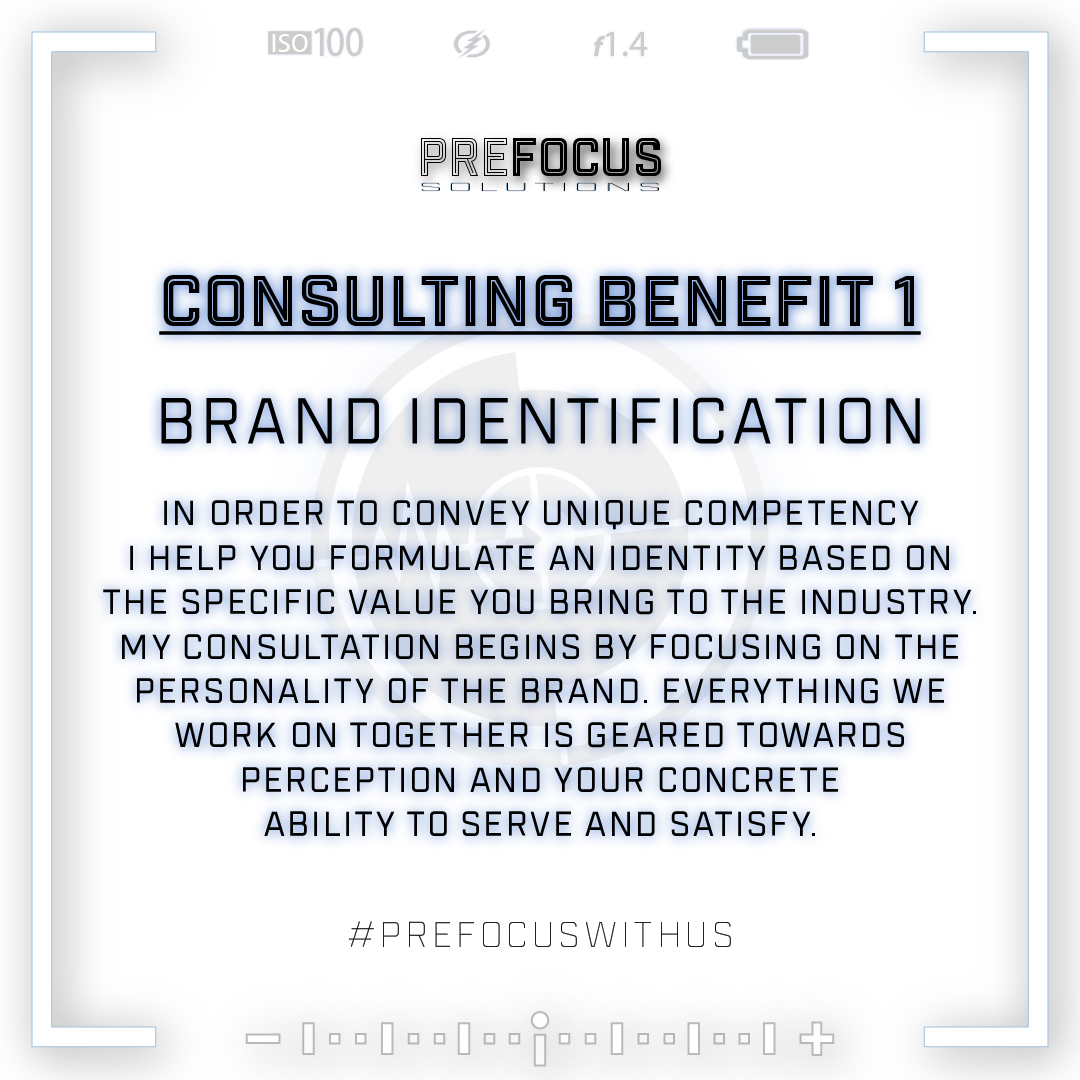
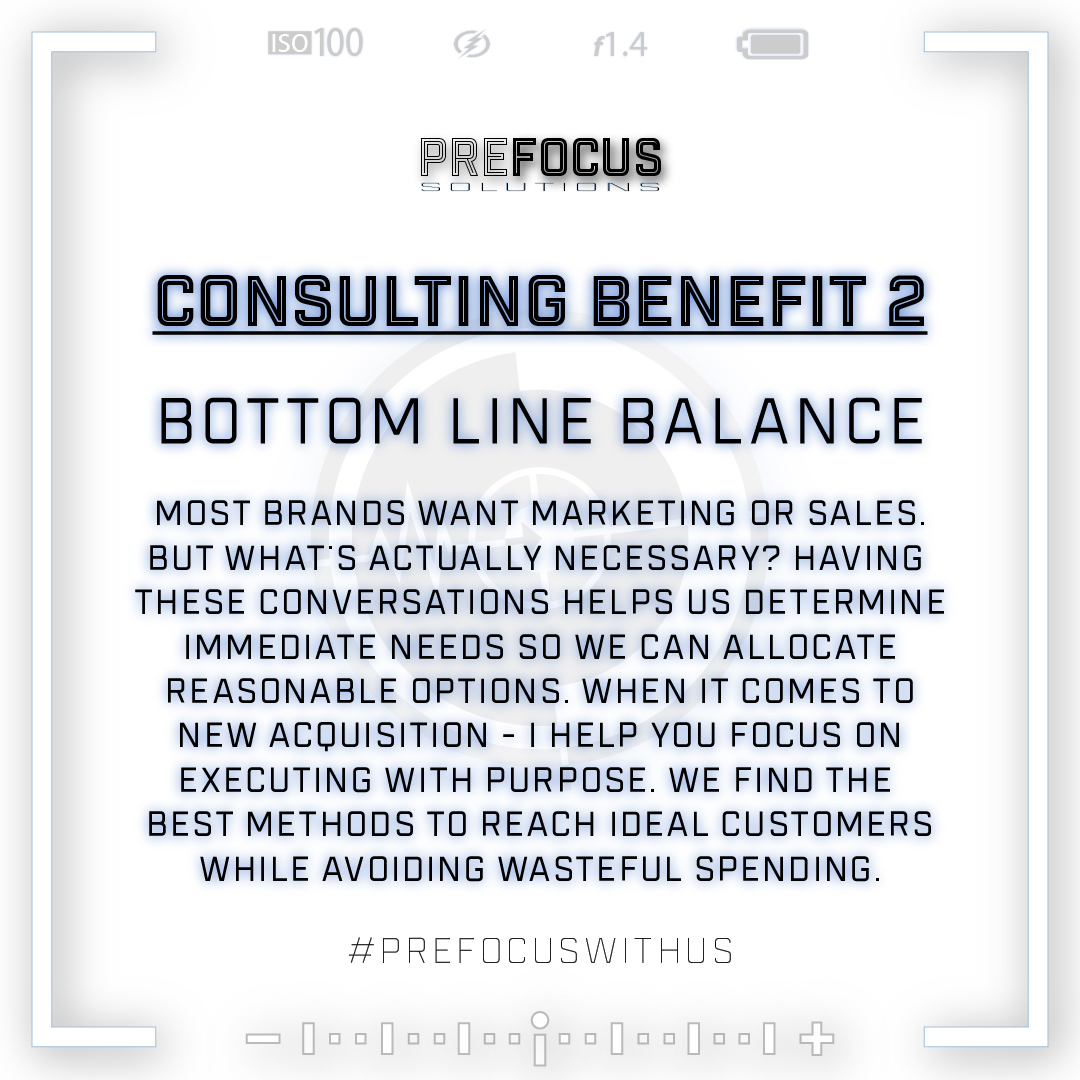
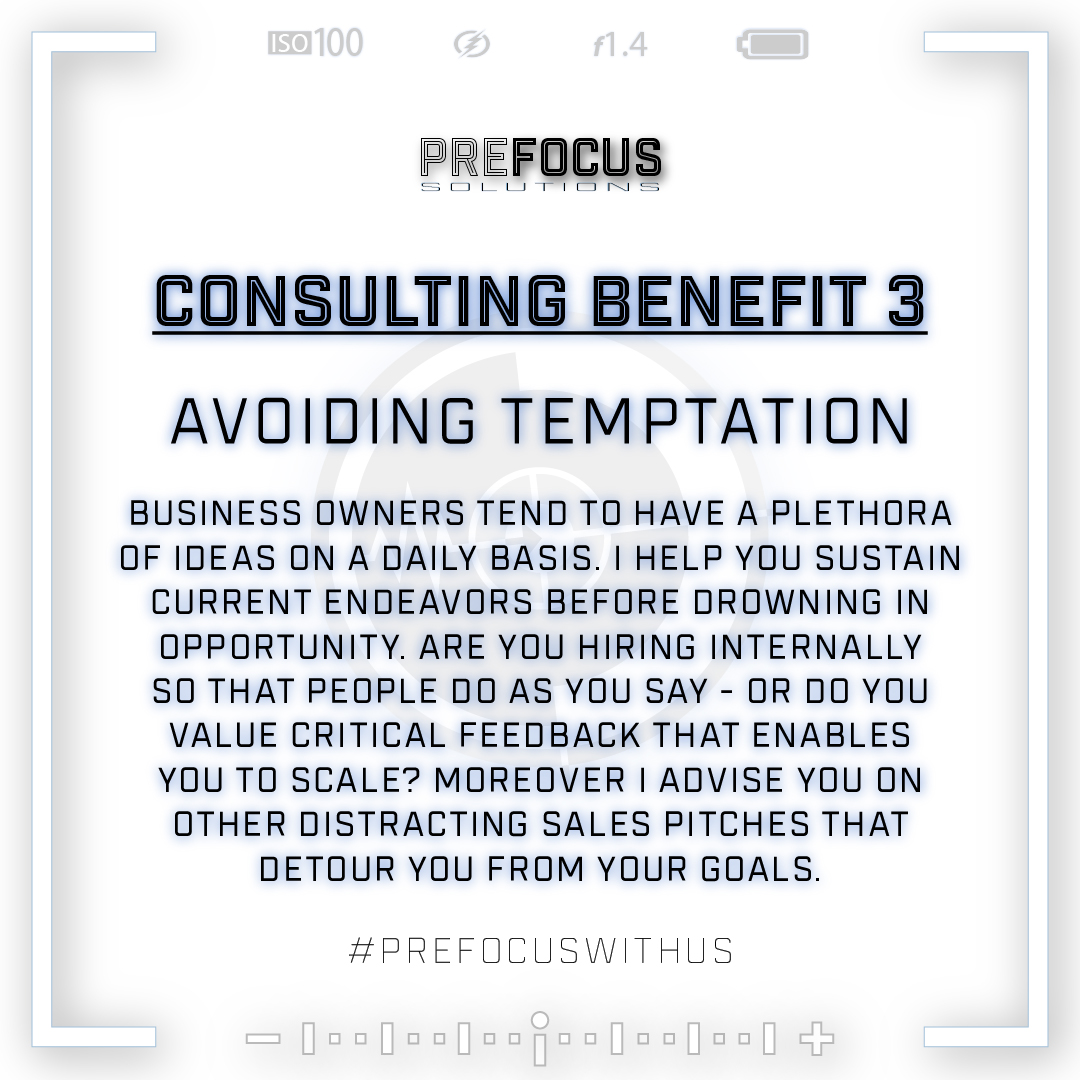
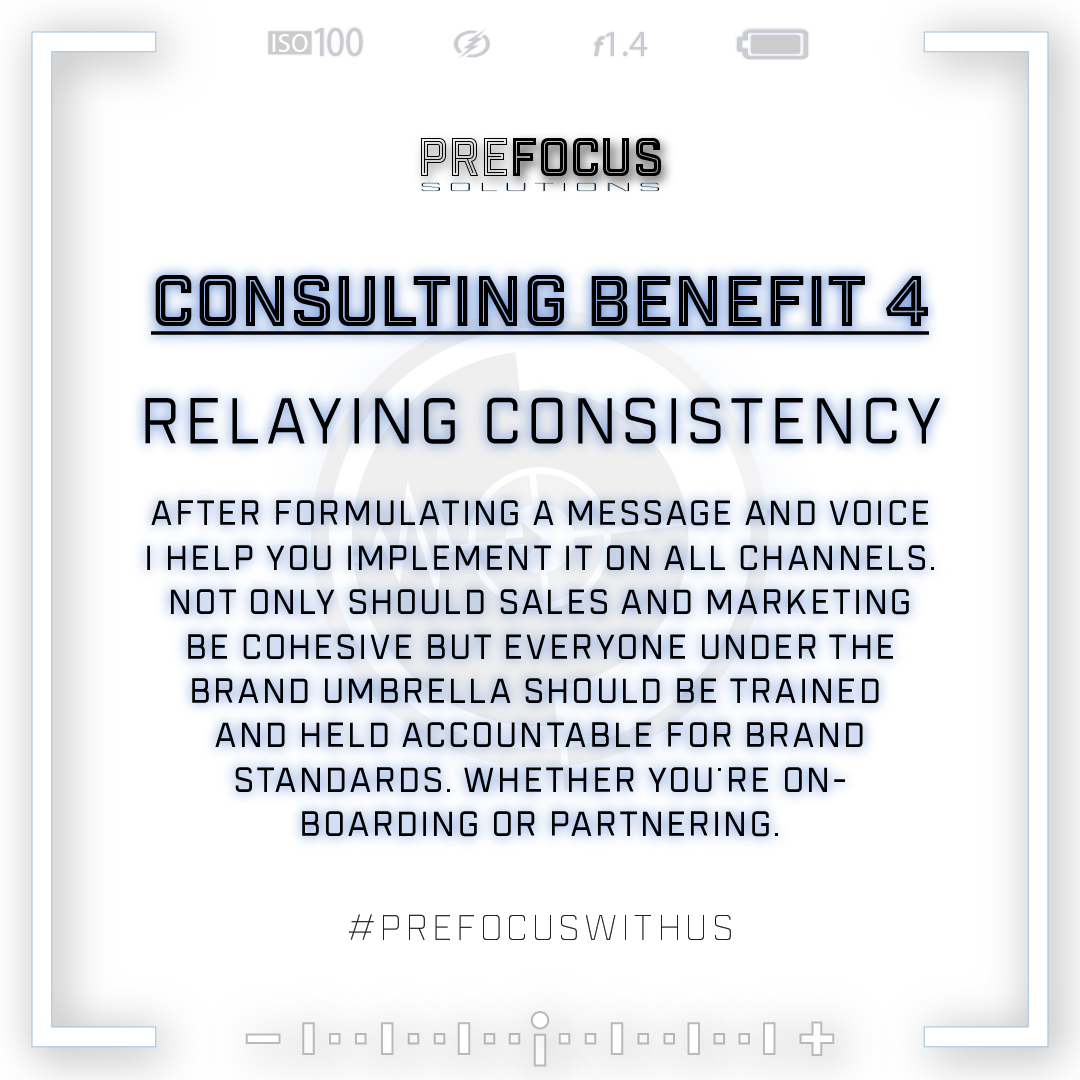
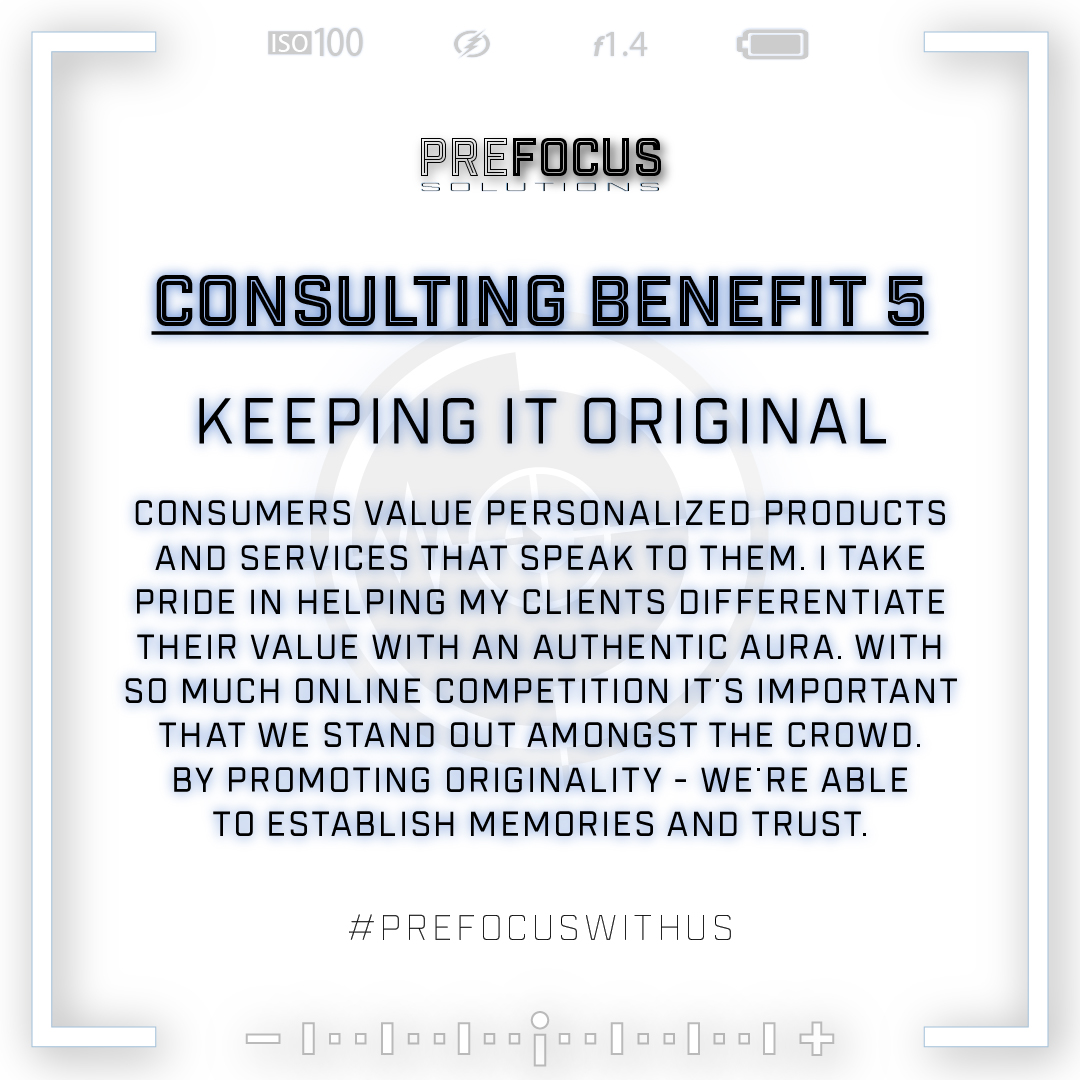
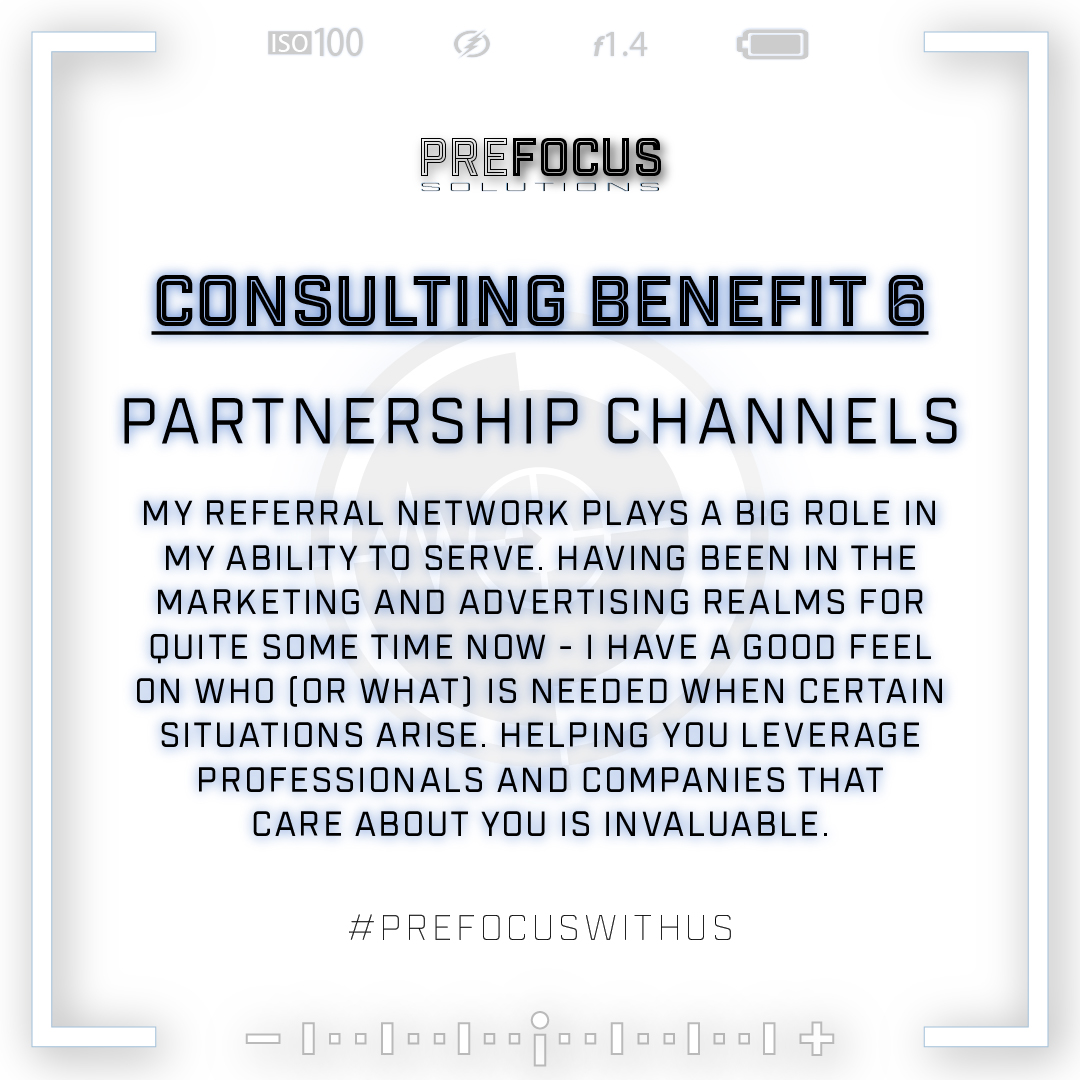

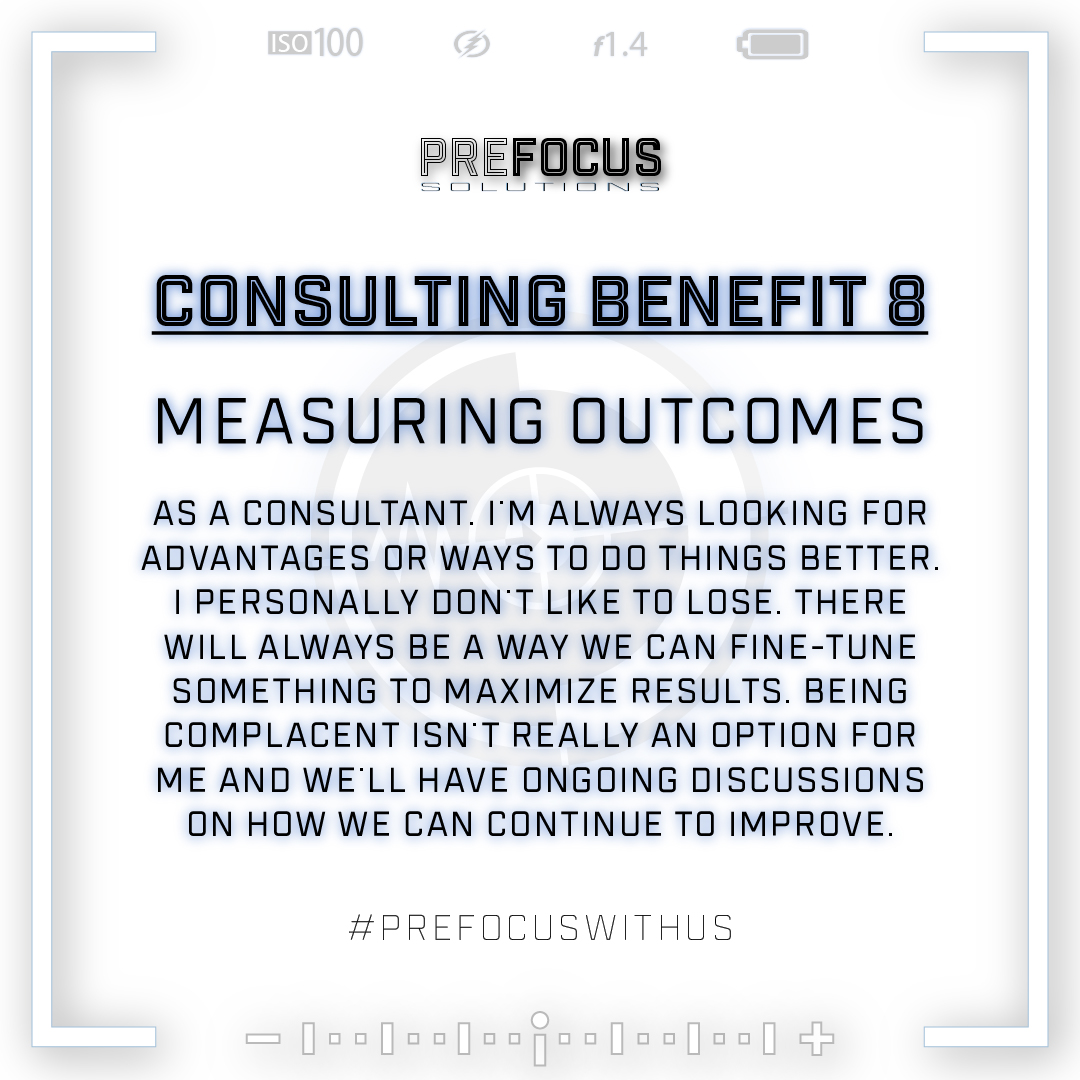
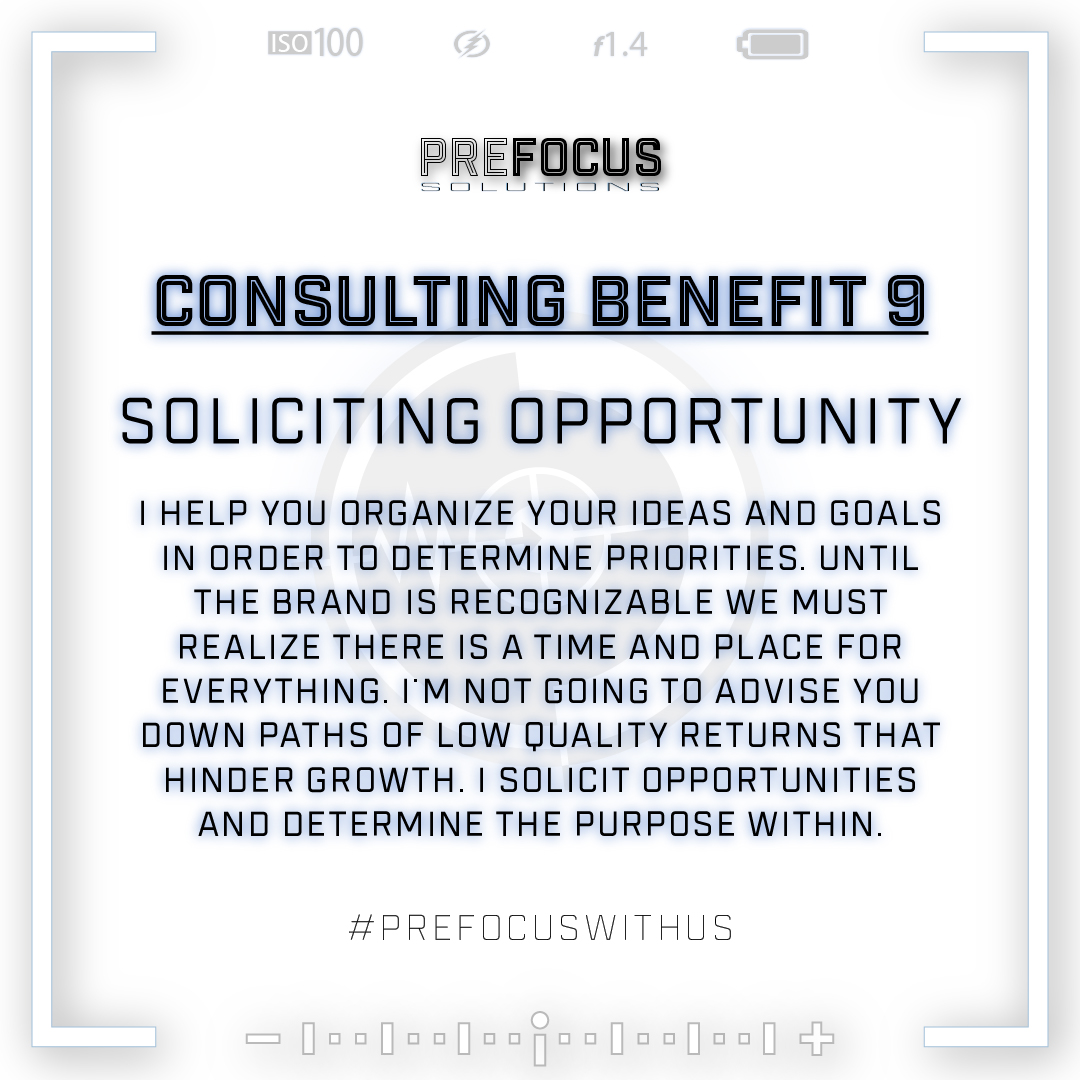
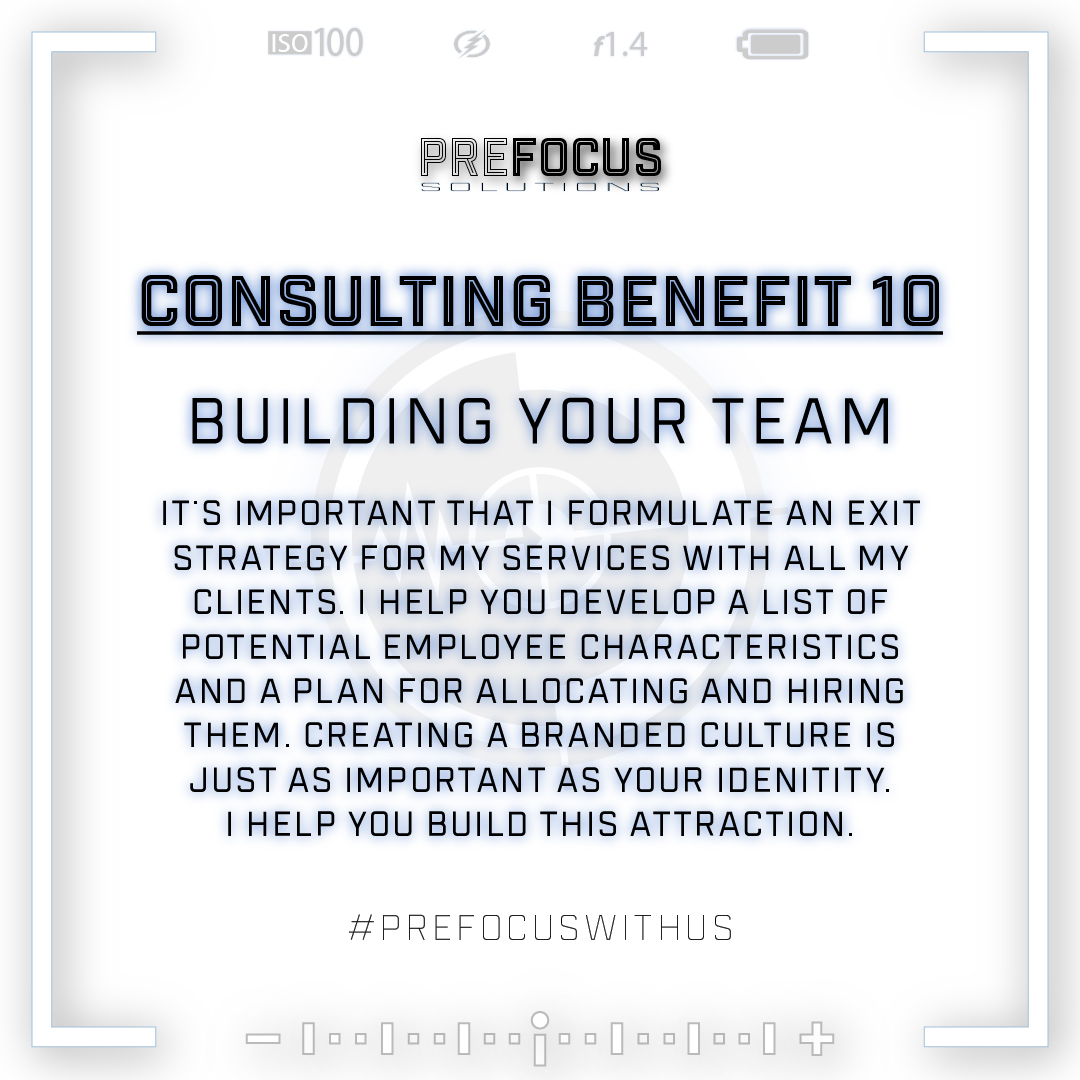
 Thanks for taking time out of your day to check out some of the benefits of my brand consultation services. Aside from the generality, I truly hope you were able to take away something from this list. If not, I’d love to hear how I can communicate more effectively.
Thanks for taking time out of your day to check out some of the benefits of my brand consultation services. Aside from the generality, I truly hope you were able to take away something from this list. If not, I’d love to hear how I can communicate more effectively.


